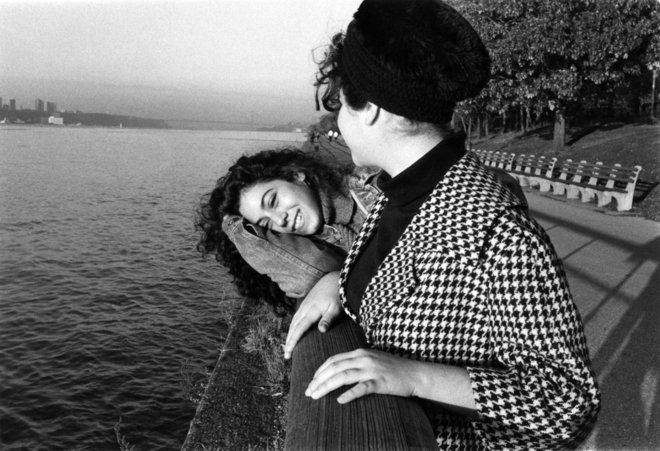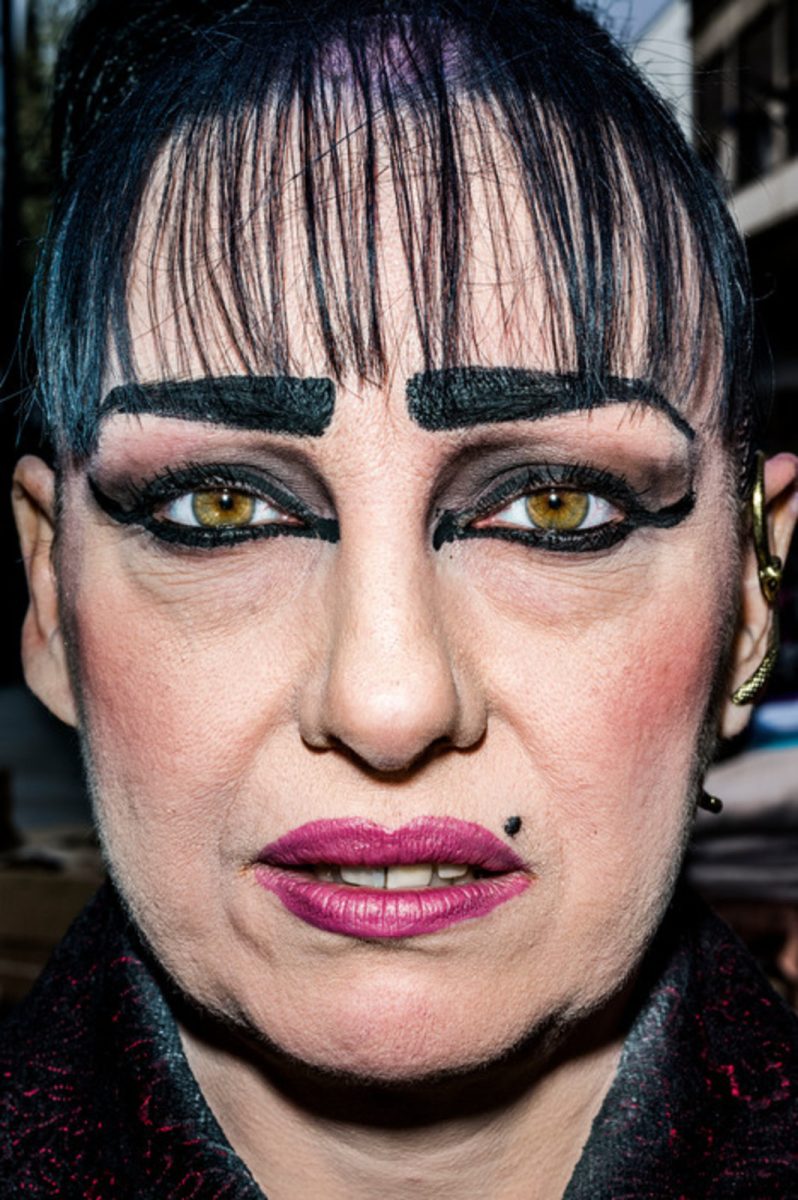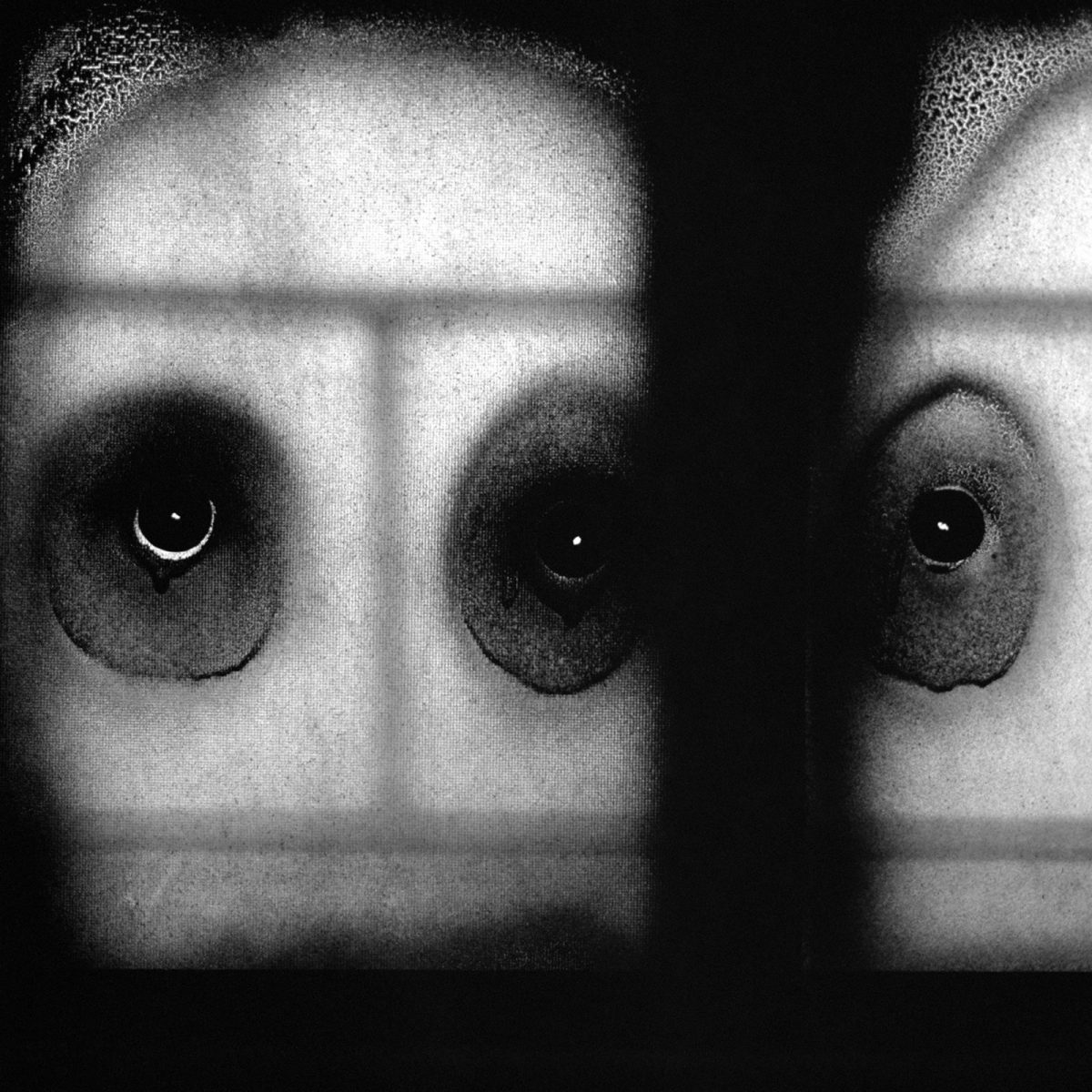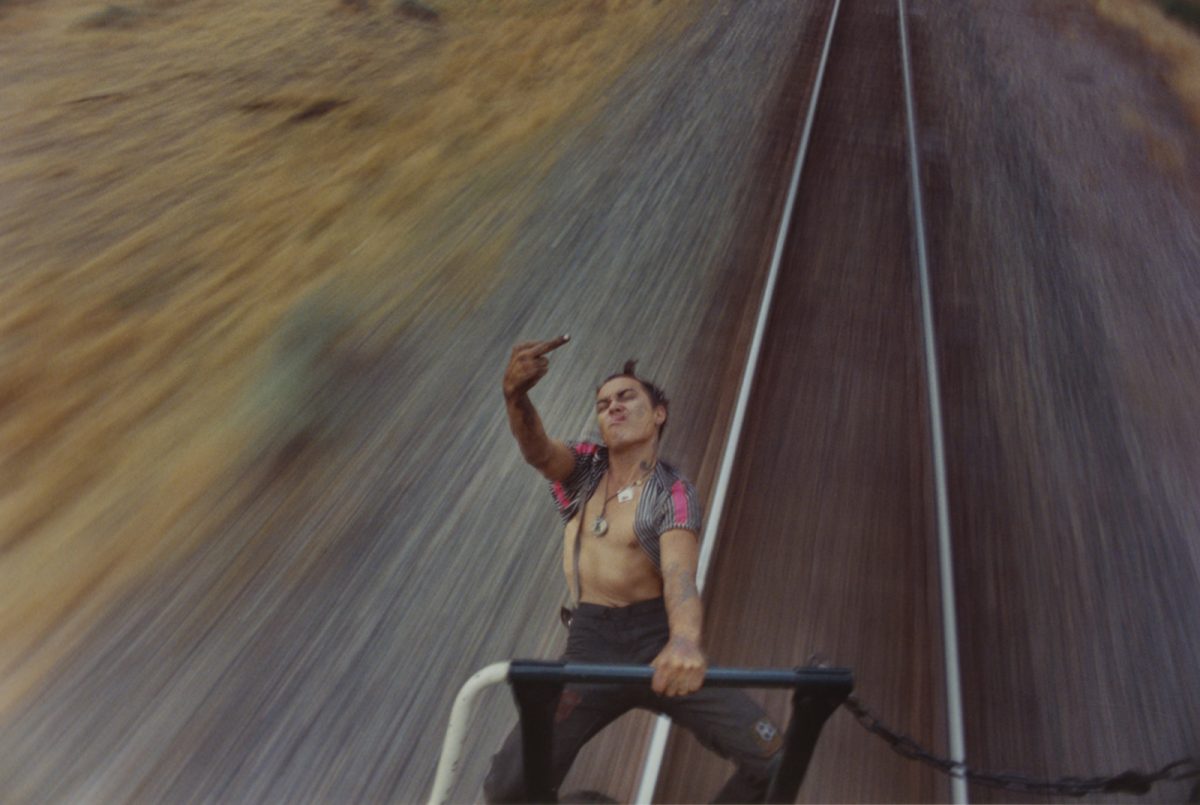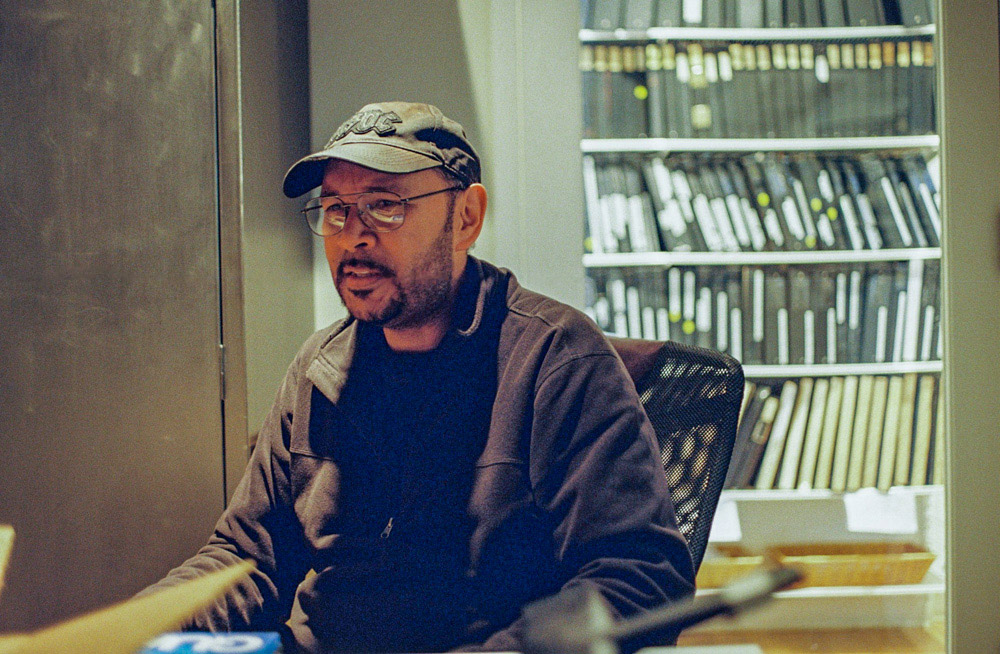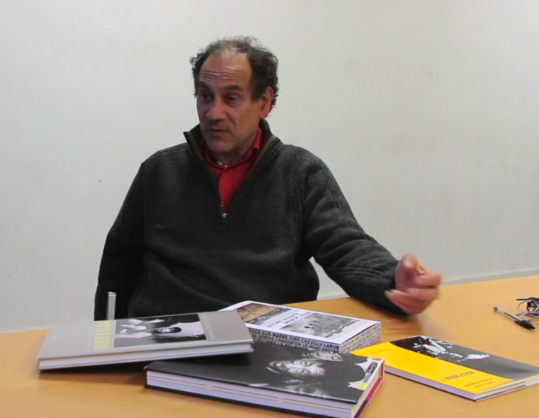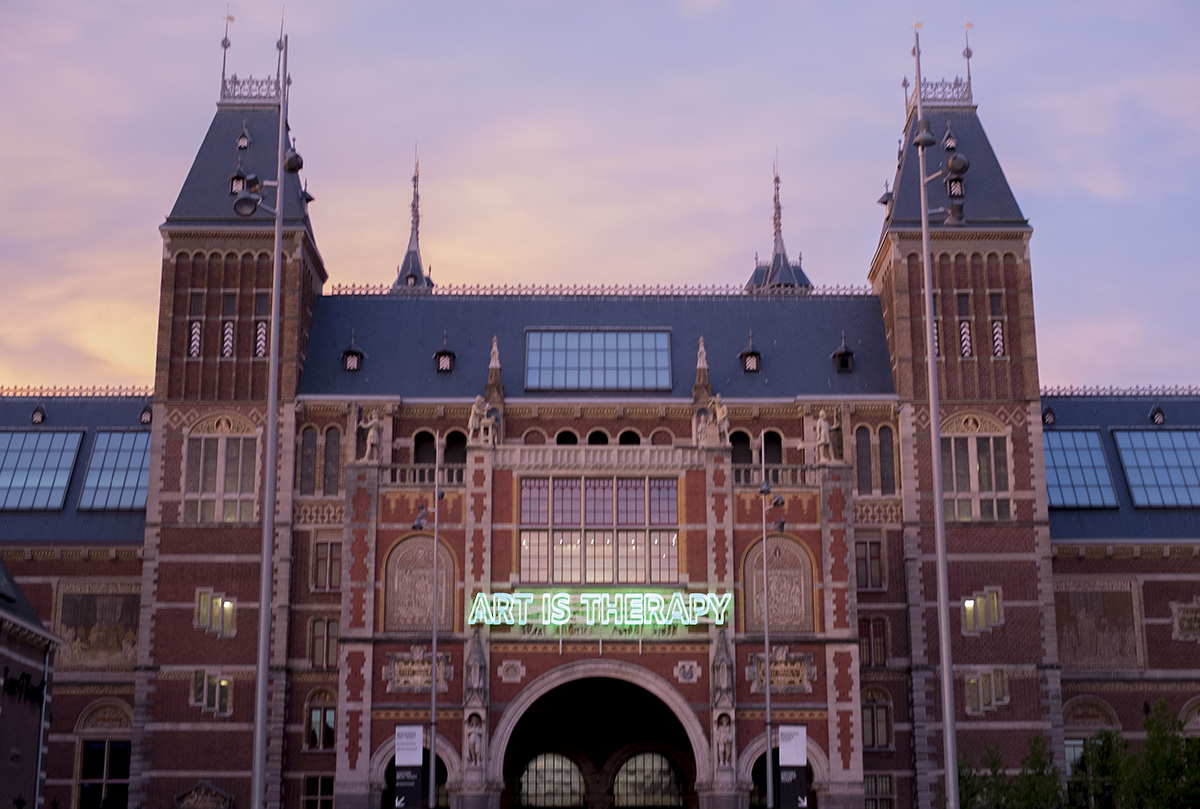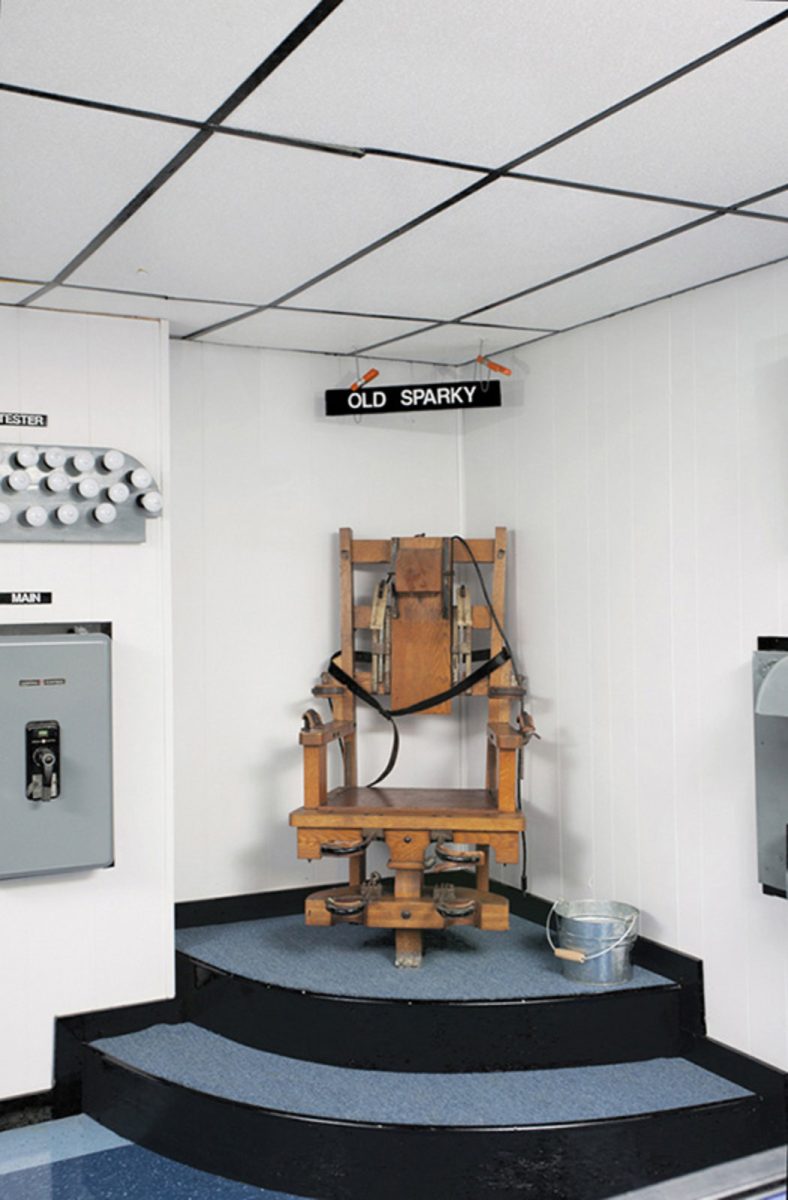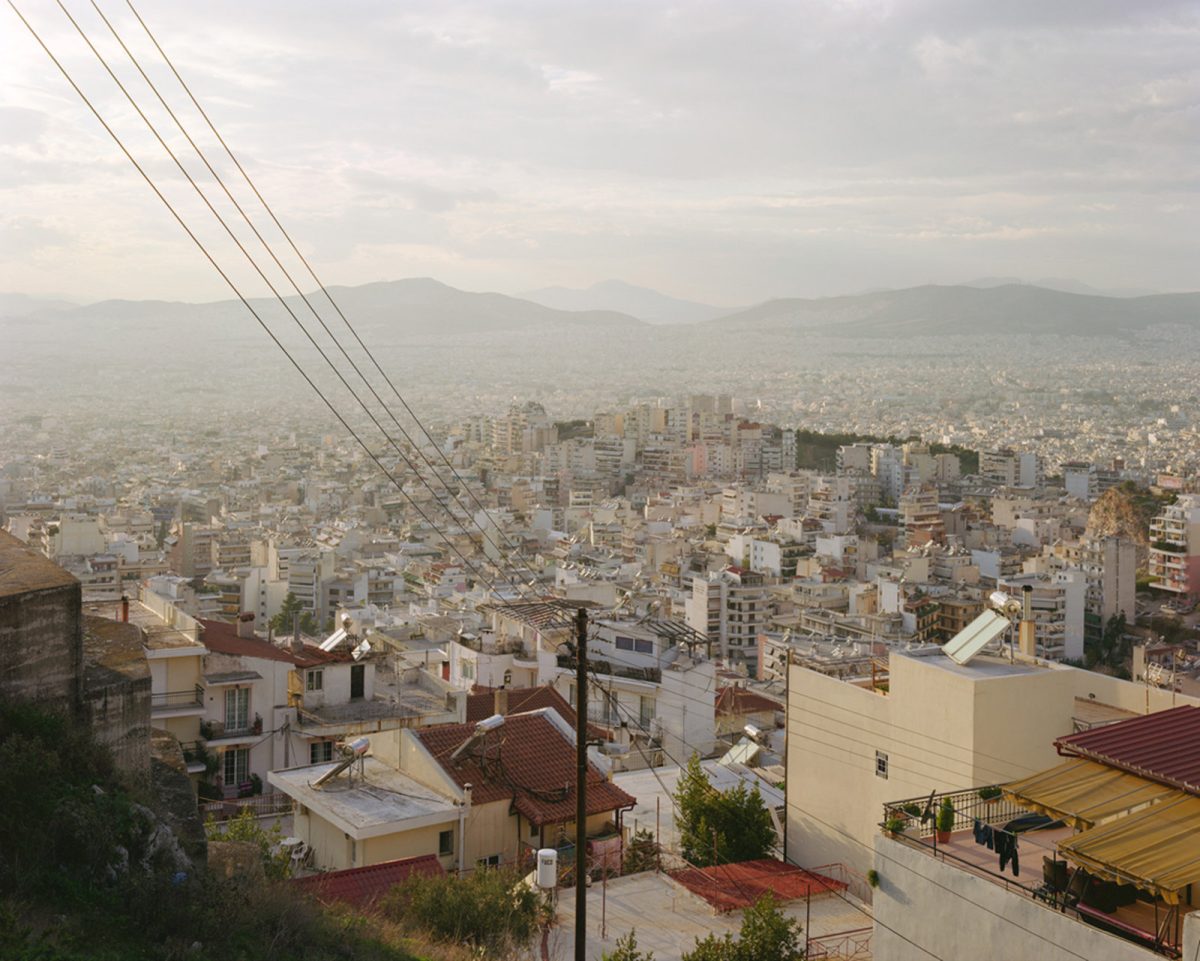Interview with Karen Marshall
“I started to realize that there was a language that women share with each other and oftentimes it’s really hard to describe. And so I thought, well, if it’s so hard to describe, then maybe photographs will really articulate it.”
—Karen Marshall (GUP Magazine)
—Karen Marshall (GUP Magazine)

